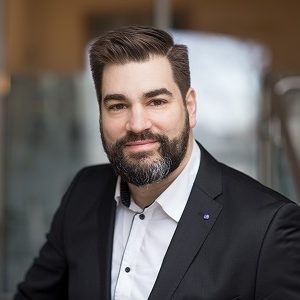Workshop
Context
Since the arrival of interactive digital technologies within homes, such as the video game Pong in 1975 and CD-Roms in the early 1980s, documentary-makers have always tried to make use of tech and media innovation to expand ways in which non-fiction author-driven narratives are crafted, stories are told, and audiences impacted.
One of the more remarkable developments of the latter years has been the sustained rally around
interactive web-based documentaries (i-docs) and, more recently, virtual and augmented reality
documentaries (AR and VR docs). Within web-based documentaries and VR docs, the user is the driving force – as such she becomes part of the story world. Some even argue that engagement and empathy levels rise, and that new documentary forms connect the user to new, formerly unknown kinds of worlds, characters, topics, and perspectives.
From experiments à la Chris Marker (Immemory interactive CD-Rom 1998, 2008) to more systematic
‘digital shifts’ by established documentary institutions such as the National Film Board of Canada, Arte France, as well as festivals, such as IDFA and DOK Leipzig, new production practices are starting to spillover to all forms of docmedia (Wintonick 2011).
Each evolving medium brings its new challenges to the table and within this workshop we want to tackle those challenges, examine its advantages and find some of the answers to the many open questions.
Themes of the workshop
The workshop will among other address the following issues, organised around types of impact:
1) What impact does digital technology have on the storytelling itself? Are stories necessarily
non-linear as a result of the heavy reliance on networked technologies? Are stories really creating
more empathy when immersive? Are there only certain specific topics that can be told in interactive
and immersive fashion? If so, what are they? Does the traditional story narrative with beginning,
climax, and ending still have its place in new docmedia production? Do machine learning, artificial
intelligence and the internet of things drive the sophistication of documentary stories? If so, what
does it imply for the dominant forms of storytelling?
2) What is the impact of digital technology on docmedia teams? Does the workflow differ
fundamentally from linear documentary production? What tools do teams use and how do these
tools change the way media workers interact and collaborate? Can technologies such as blockchain
be put to use for more efficient and leaner production processes?
3) What impact does digital technology have on audiences? How do these forms of docmedia impact
society specifically? Are i-docs and VR docs in a position to touch target publics, micro-communities
and their audience segments in a more granular and/or deeper fashion? Is social impact becoming a
more important measure of success in the eyes of the different stakeholders to the docmedia
production industry? What criteria of docmedia appropriation can be employed to measure impact
more accurately?
We welcome further contributions that help us understand how interactive and immersive forms are
mobilised to make docmedia today.
The programme
All video recordings of the workshop sessions are available when clicking on the names of the speakers. In addition, please listen to interviews with individual participants right under the programme.
Thursday, 21 June 2018
Room 1104
9h30 Words of welcome — Anna Luise Kiss, VP Research & Transfer, Film University Babelsberg KONRAD WOLF
9h40 Organisers’ words
9h45 Opening talk — Florian Thalhofer, Media-artist & documentary-maker [Slides]
10h15 Keynote — Karim Ben Khelifa, Freelance photojournalist & director
10h45 Q&A
11h Break
Room 1321-1322
11h30 Impact on story (3 x 10 min input talks & 45 min discussion). Moderation: Björn Stockleben
Linda Brieda, Film University Babelsberg KONRAD WOLF
Florian Mundhenke, University of Leipzig [Slides]
Anna Wiehl, University of Bayreuth [Slides]
13h Lunch
14h Interactive documentary examples
Mike Robbins, Helios Design Labs
Linda Rath-Wiggins, VRagments GmbH
15h15 Break
15h30 Impact on workflow (3 x 10 min input talks & 45 min discussion). Moderation: Jens Eder
Benjamin Cölle, Film University Babelsberg KONRAD WOLF [Slides]
Joscha Jäger, FrameTrail [Slides]
Tanja Schmoller, Freelance producer [Slides]
17h Close
19h Optional diner at Restaurant Piazza Toscana (Rudolf-Breitscheid-Straße 177, 14482 Potsdam)
Friday, 22 June 2018
Room 1321-1322
10h00 Impact on audiences (3 x 10 min input talks & 45 min discussion). Moderation: Linda Brieda
Katherine Machalek, New Media Advocacy Project [Slides]
Ashutosh Singla and Stephan Fremerey, Ilmenau University of Technology [Slides]
Katja Schupp and Markus Reuter, Johannes Gutenberg University Mainz [Slides]
11h30 Break
11h45 Workshop learnings and next steps. Moderation: Björn Stockleben
13h Closing speech — Annina Zwettler, Program coordinator TV & New Media, Arte [Slides]
13h30 Optional VR and i-docs hands-on session next door
14h Close
Interviews with other participants
Pune Djalilehvand, Film University Babelsberg KONRAD WOLF
Paul Rieth, Crowdfunding and marketing consultant
Katarzyna Boratyn, Curator & PhD candidate Lodz Film School
Juliana Kroeger, Filmmaker & PhD candidate Sapienza University Rome
Jonas Witsch, Freelance producer
Fritz Schumann, Photographer 2470media GmbH
Bernadette Klausberger, Producer / visual stories – Produktionsbüro Pfeiffers GbR
The organisers
Vincent Abert | Linda Brieda | Frédéric Dubois | Jens Eder | Rebecca Scharlach | Björn Stockleben
Participants
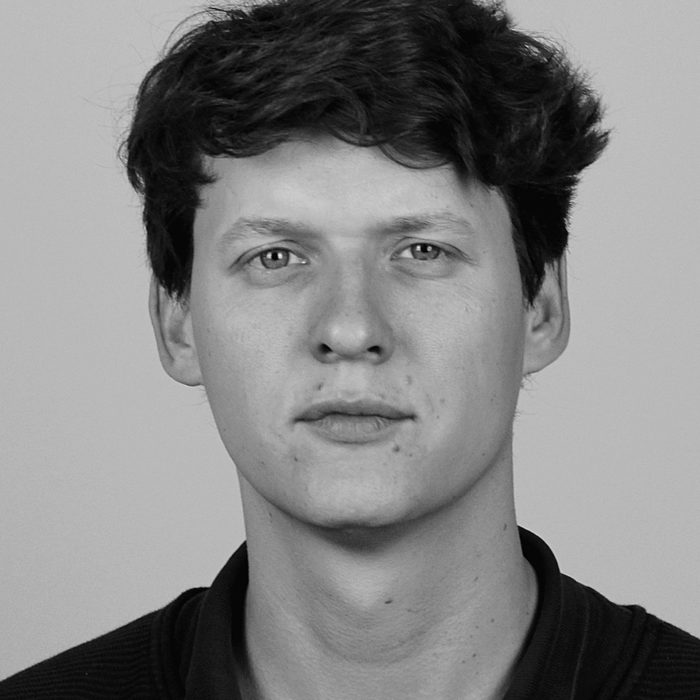
Paul Rieth
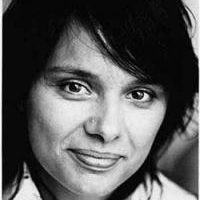
Daniela Schulz
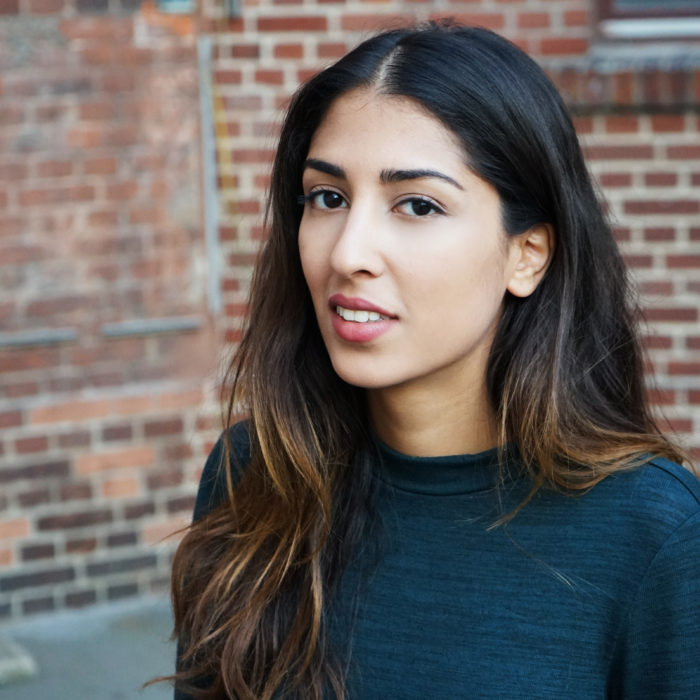
Pune Djalilehvand

Hannah Blumas
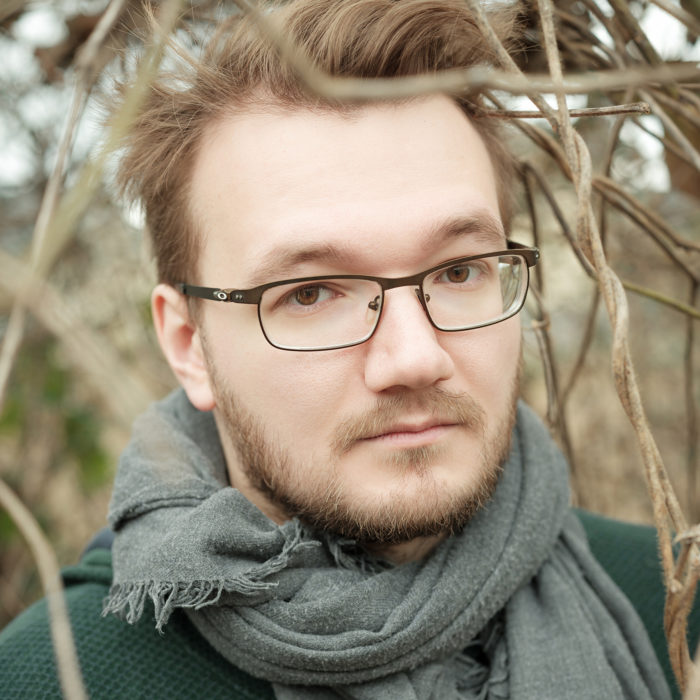
Fritz Schumann
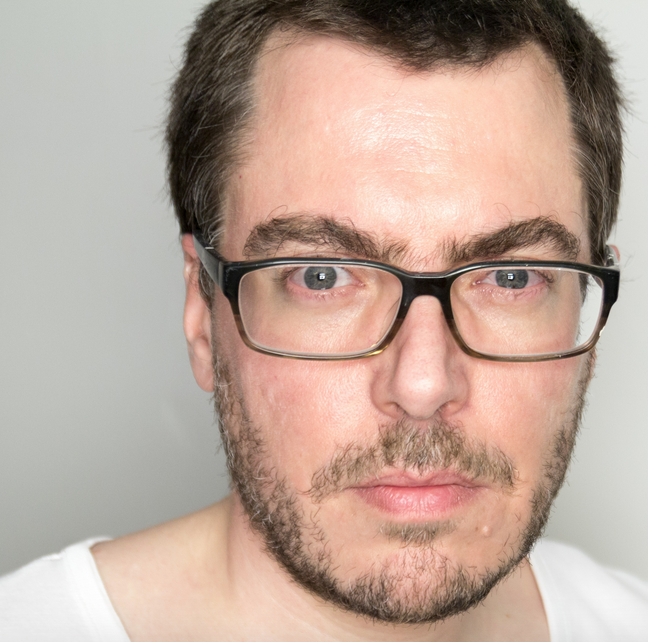
Florian Thalhofer
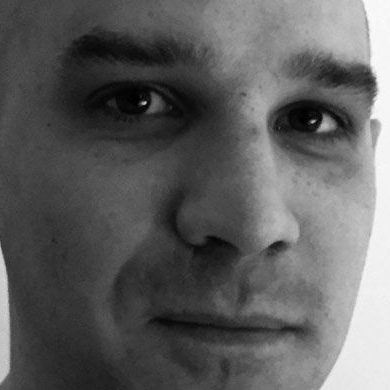
Benjamin Cölle
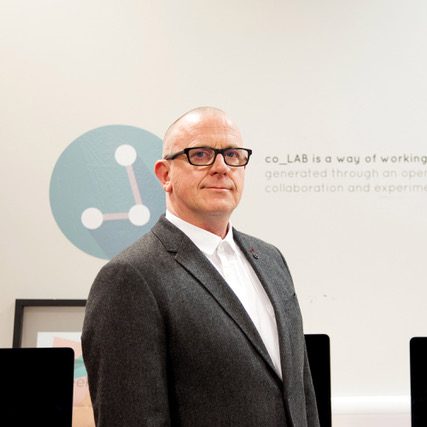
Richard Vickers
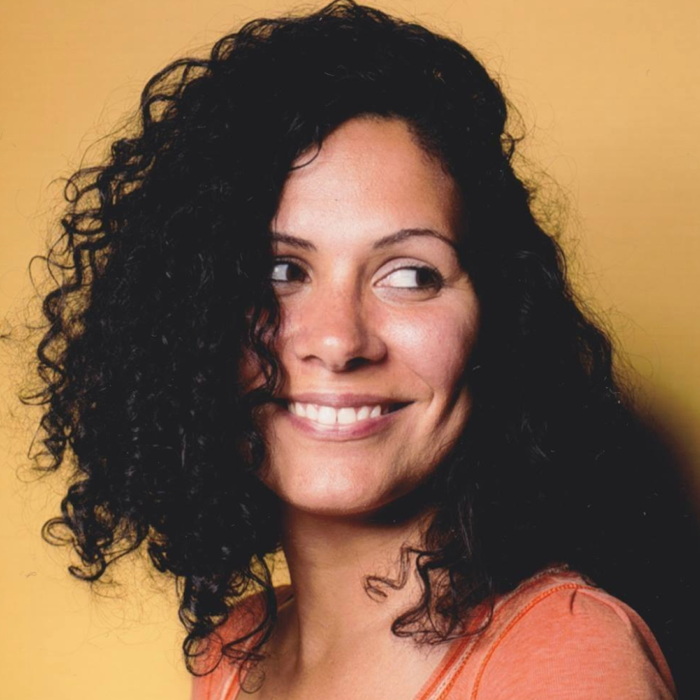
Vanessa Macedo
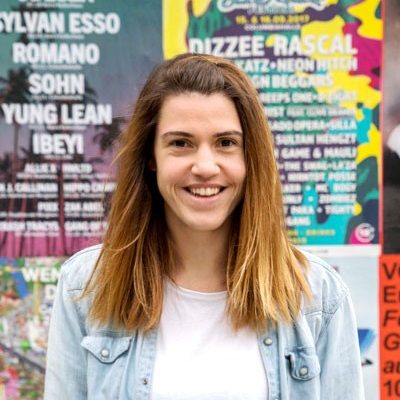
Tanja Schmoller
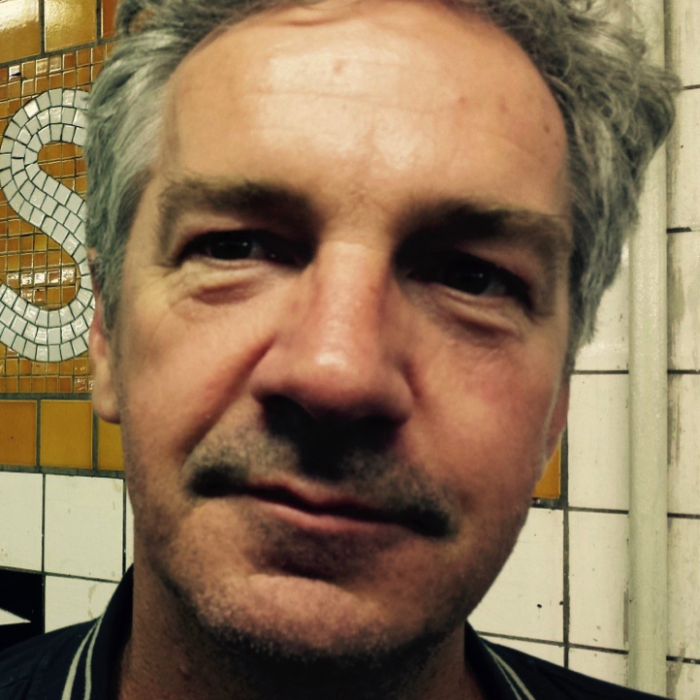
Mike Robbins
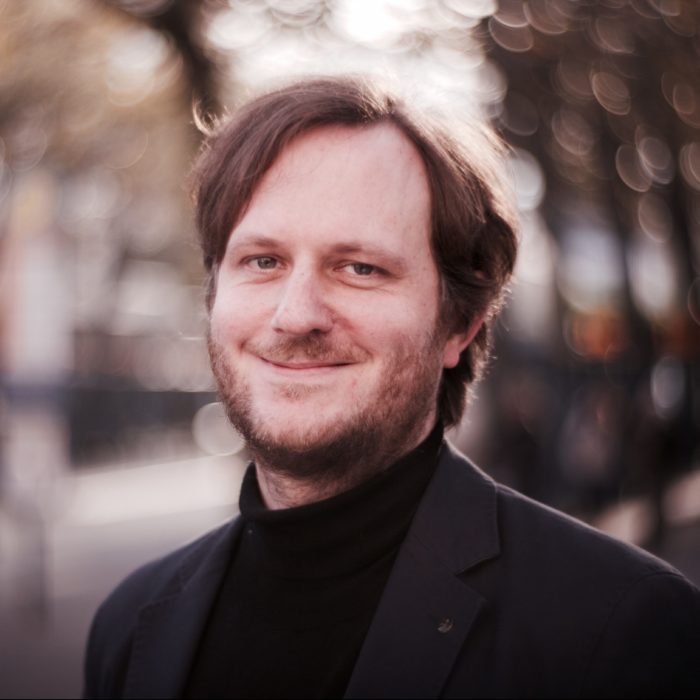
Markus Reuter
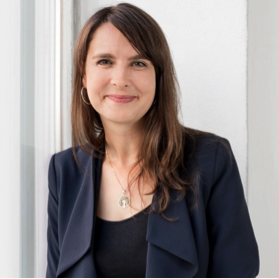
Linda Rath-Wiggins
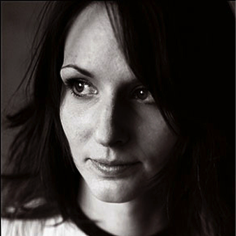
Lena Thiele
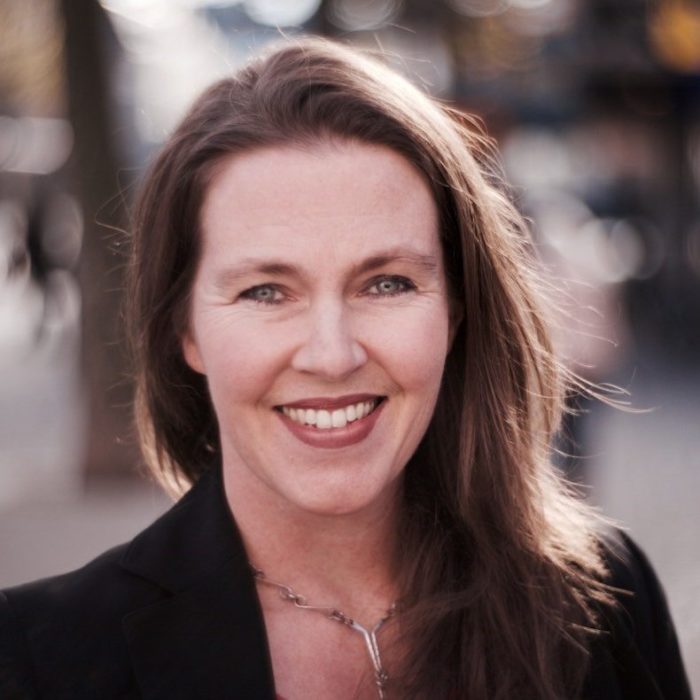
Katja Schupp
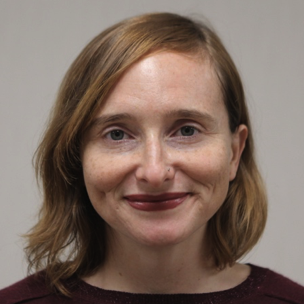
Katherin Machalek
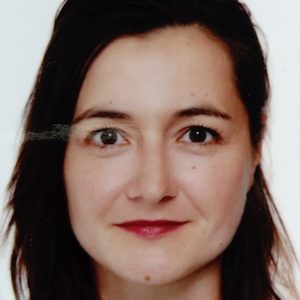
Katarzyna Boratyn
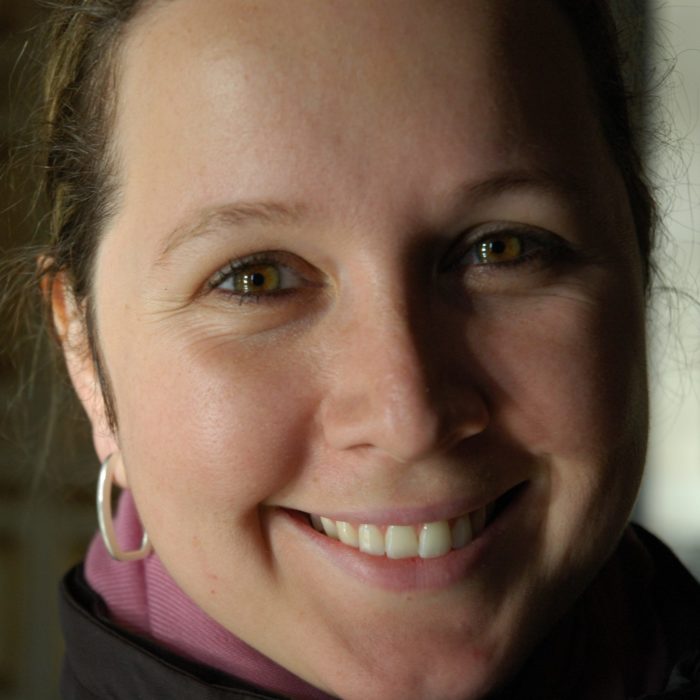
Juliana Kroeger
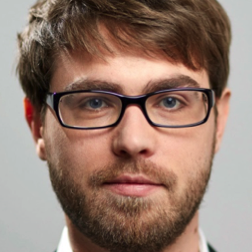
Joscha Jäger
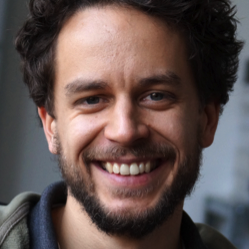
Jonas Witsch
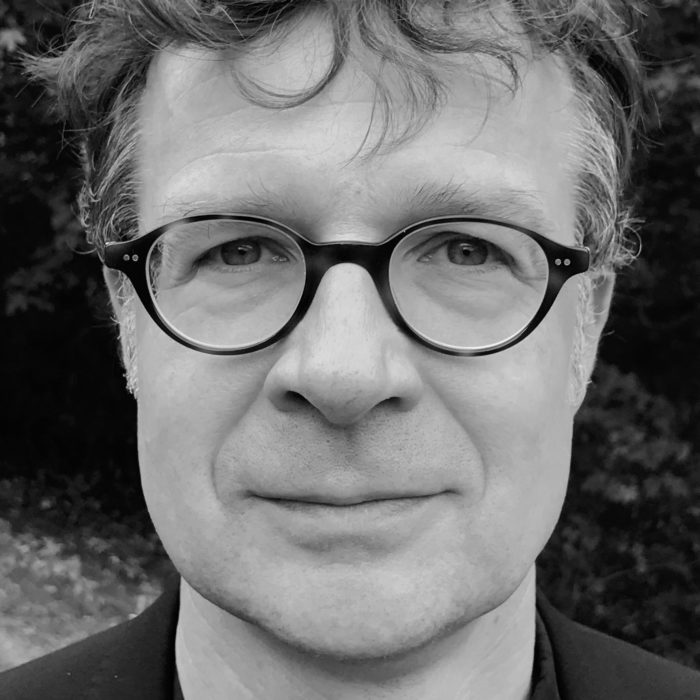
Jens Eder
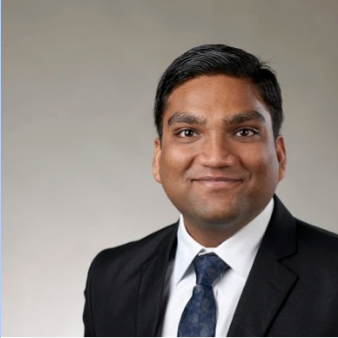
Ashutosh Singla
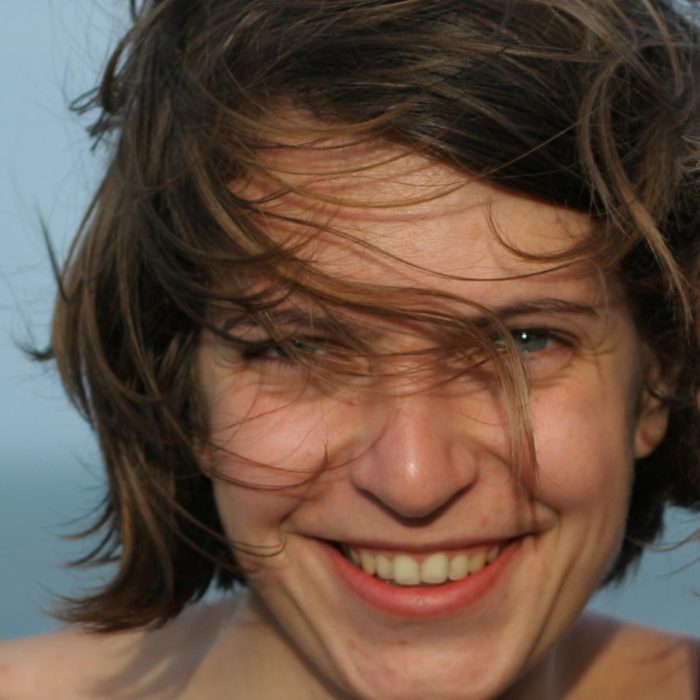
Linda Brieda
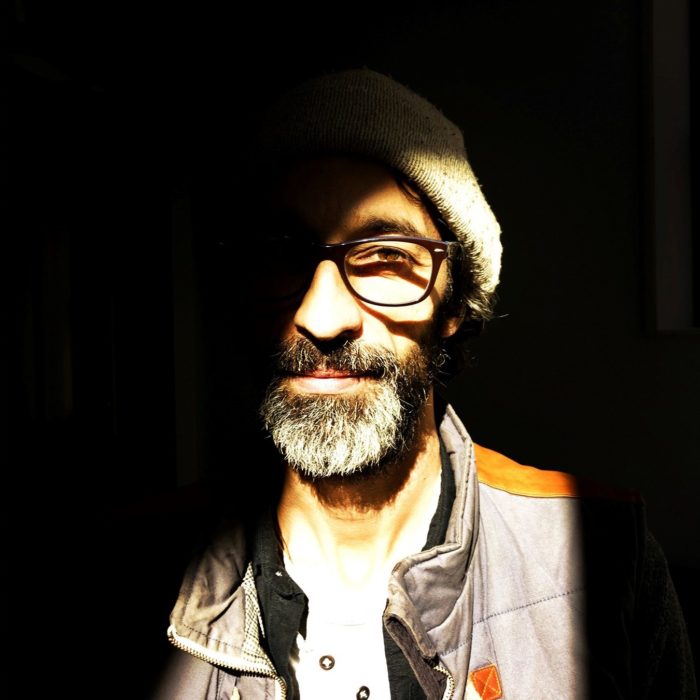
Karim Ben Khelifa

Inge Ejbye Sørensen
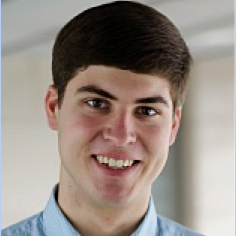
Stephan Fremerey
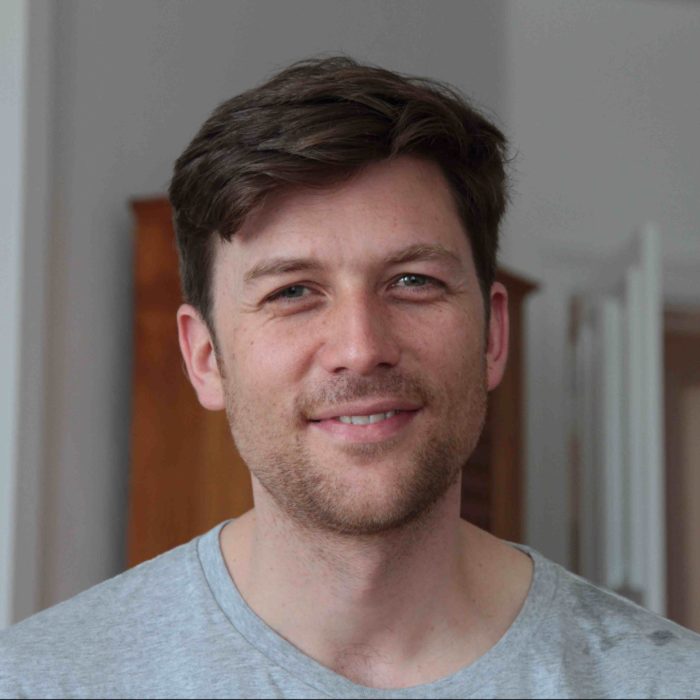
Frédéric Dubois
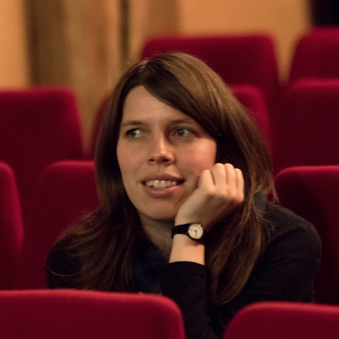
Bernadette Klausberger
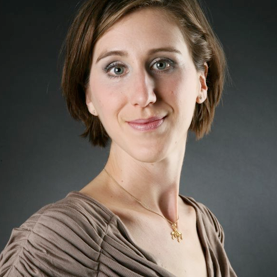
Anna Wiehl
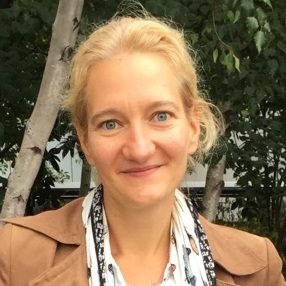
Claudia Wolf
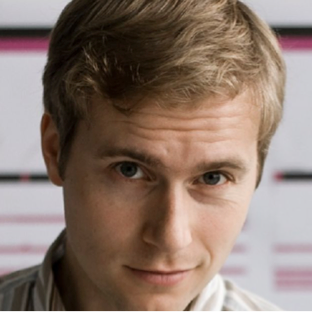
Björn Stockleben
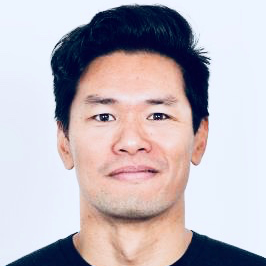
Chris Tedjasukmana

Annina Zwettler
